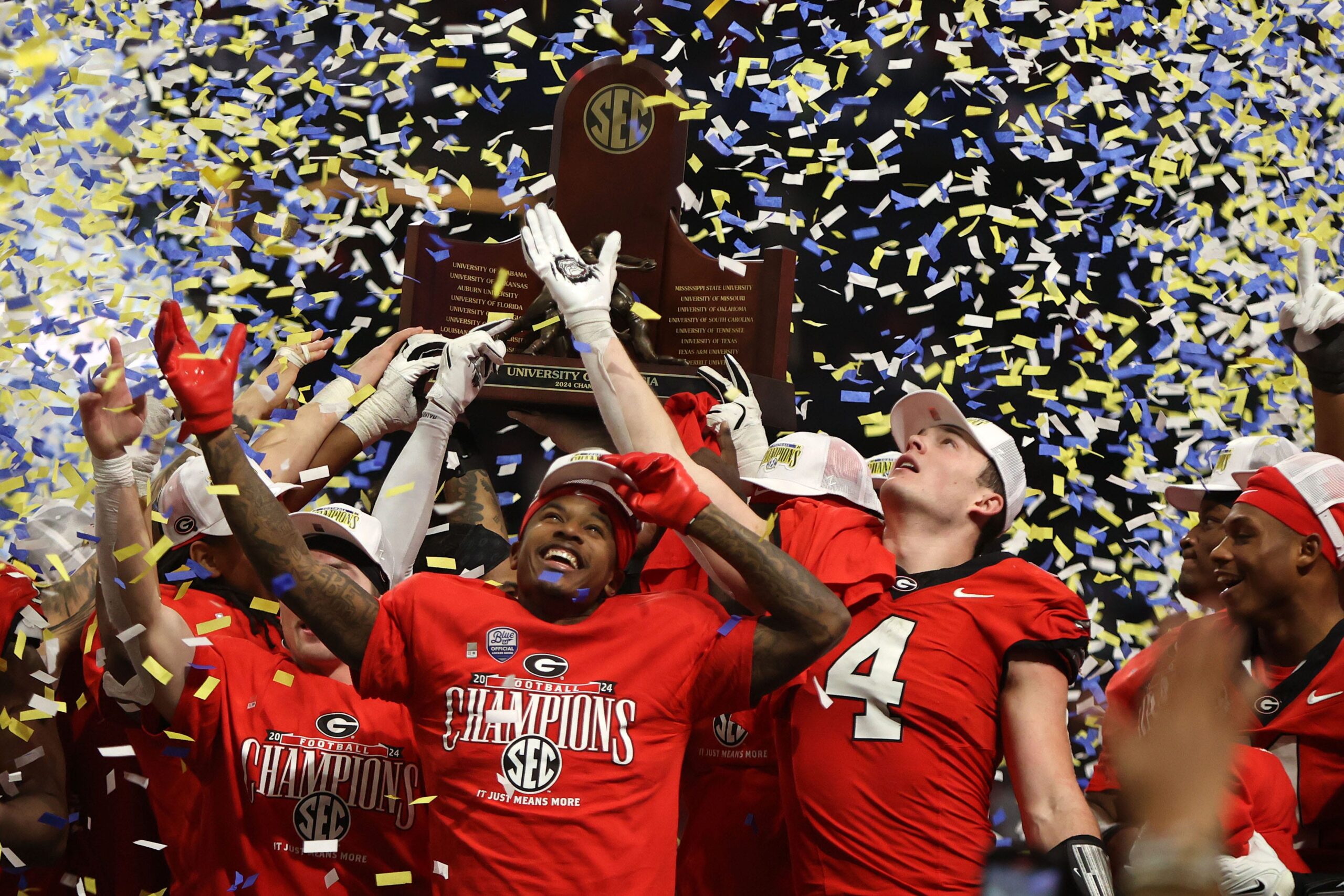With the the college football playoff expanding to 12 teams, there was the thought that the Eliteness system I champion would no longer be relevant. We would have decisions being made about the financial viability of first round matchups instead of opportunity. Giving the benefit of the doubt to Elite Programs would not be as important as the almighty dollar. Yet, once again, we saw that Eliteness is still the stronger currency in projecting the playoff field.
Eliteness says that when you have two teams with the same record, the Elite Program will be given the opportunity over the non-elite program regardless of strength of schedule, style points, conference strength, or any other reasoning you can imagine. Upon examination of the final CFP committee rankings, the Eliteness system held throughout the top 12. (Click here to see Elite Programs and Elite Seasons explained)
Non-Elite Oregon at 13-0 was the only undefeated team and ranked #1.
At #2 and #3 were 11-2 Elite Programs Georgia and Texas. They were ranked ahead of all non-elites with the same record (Penn State, SMU, and Arizona State) and even ranked ahead of 11-1 non-elites Notre Dame and Indiana.
Elite Program Ohio State is the top ranked 10-2 team by the CFP Committee at #6. They rank one spot ahead of a non-elite program with the same record, Tennessee. This gives them home field advantage in their game. In case you’re wondering, no non-elite program was given a home game against an elite program this year, but I do expect that to happen at some point.
Elite Program Alabama is the highest ranked 9-3 team by the CFP Committee at #11. They rank ahead of 9-3 non-elites Ole Miss, South Carolina, and Missouri and even ahead of 11-2 Arizona State and 10-2 Miami. Alabama was left out of the CFP with the SEC faithful thinking they should’ve gotten in over an 11-2 SMU team.
The only other Elite Program in the CFP is 10-3 Clemson, who got in with an automatic bid as the ACC Conference Champion. This is where it gets interesting. Clemson was ranked #16, behind 9-3 non-elites Ole Miss and South Carolina.
In the definition of Elite Programs, I do use the phrase “number of wins,” and Clemson has 10 to Ole Miss and SC’s 9. However, perhaps this shows that when you get past the at-large bids, which are roughly the top 12, the Eliteness system does not hold up anymore. This would be consistent with what we’ve seen in the past with the 4-team playoff. This is because Eliteness is about opportunity. There is no decision about at-large opportunity past #12 in a 12 team field.
There is the opportunity of a bye given to the top 4 conference champions, but Clemson has the worst record of the P4 conference champions at 10-3. If the Big 12 Champion was also 10-3, I am confident Clemson would’ve gotten a bye over them, as they are ranked ahead of every 3 loss Big 12 team.
The definition of the Eliteness system (specifically using the phrase “will be selected ahead of”) had a pretty solid chance to fail at one point this year though. In the spirit of “what if” and full disclosure, let’s look at where the Eliteness system might’ve failed this year. Clemson is the example as they in no way looked like an elite-level team this season.
However, on 11/26/24, Clemson was 9-2 and ranked #12 heading into their game with an 8-3 #15 South Carolina that had won their last 5 games. Let’s say that on the game-deciding 3rd and 16 play with a minute left, instead of scoring, QB LaNoriss Sellers is sacked and SC never scores the go-ahead TD.
Clemson is then 10-2 and goes on to beat #9 SMU for the ACC Championship. Would they jump #11 Boise St., #10 Indiana, and #9 SMU? I say yes. However, in order for Eliteness to hold, they would also have to jump #8 non-elite Tennessee at 10-2. With the #3 seed and the bye secured for Clemson, there would be no opportunity gained by being ranked ahead of Tennessee and it would be inconsequential to both teams.
In this scenario, the Eliteness system would have failed if Clemson wasn’t ranked #7 or better in the final CFP rankings. I would then have to add a disclaimer to the system, “Only when an opportunity is on the line, will the elite program get that opportunity over the non-elite with the same record.”
Since I let the system create itself as opposed to using a mathematical algorithm, you could argue that I should go ahead and change the verbiage now because the spirit of Eliteness would be exactly the same. However, I’m not going to change it until it actually happens. It’s still more likely the CFP system will change first, before Eliteness needs to. That’s been the beauty of how well this system works.














